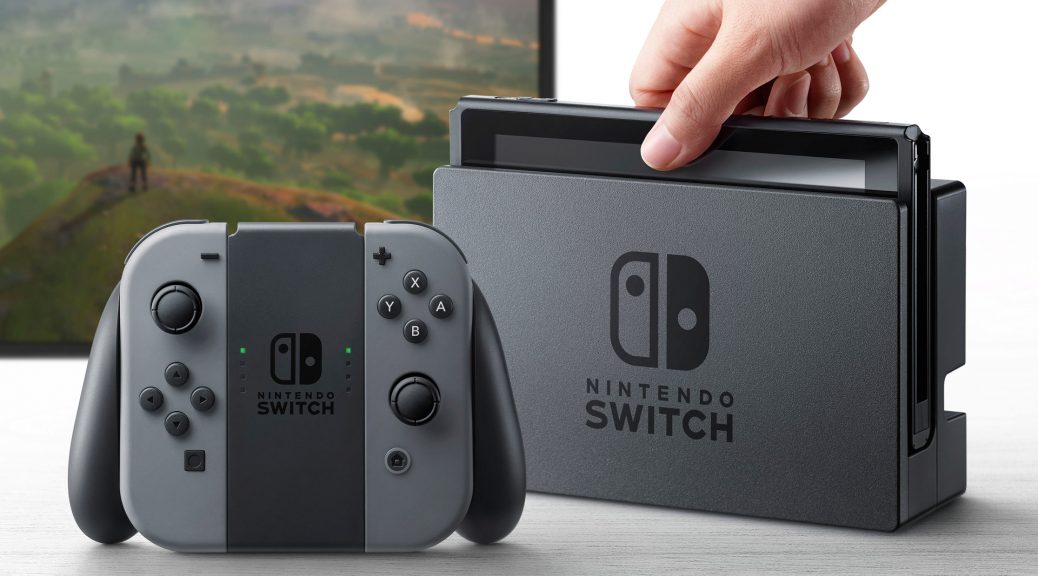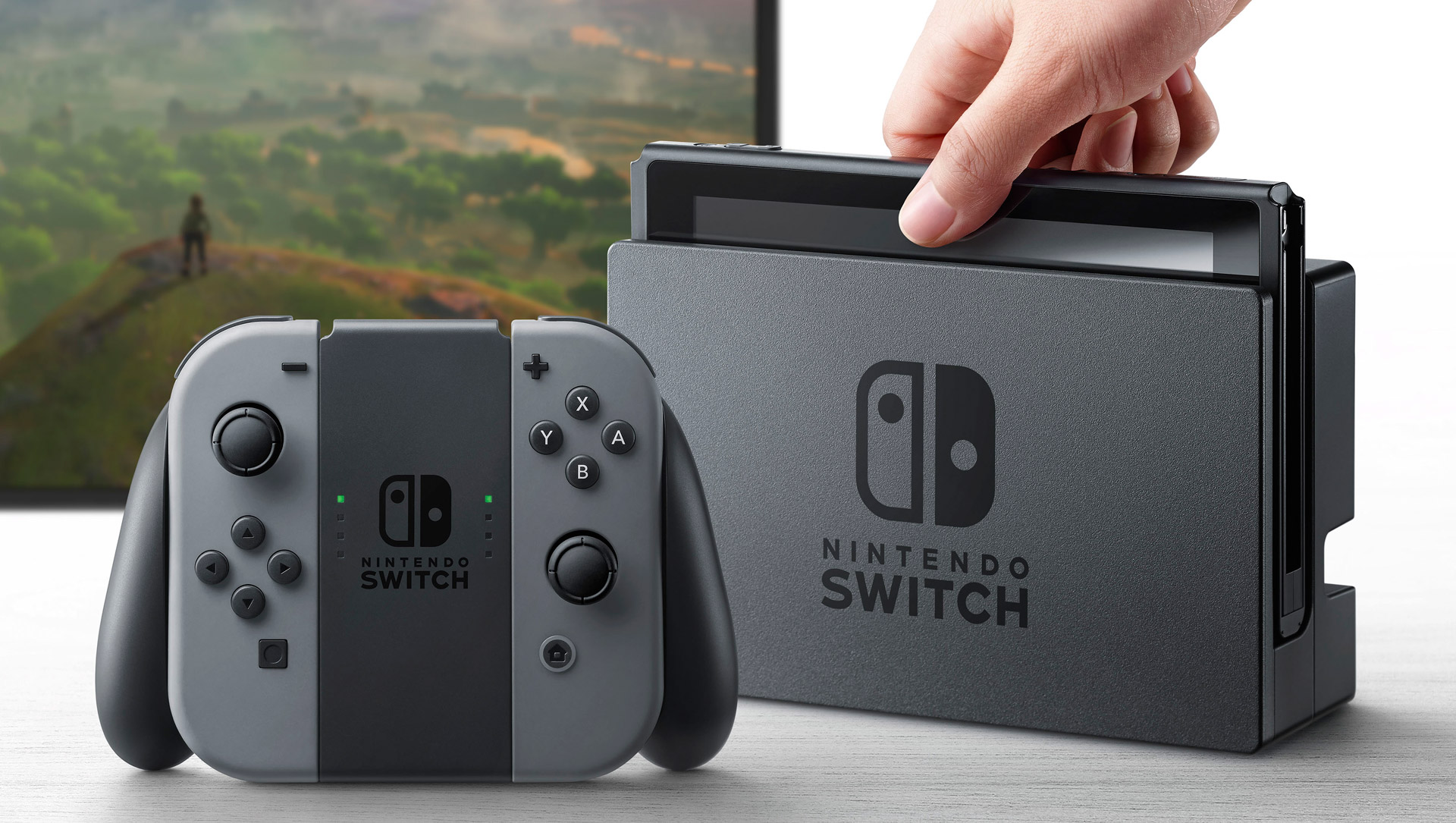http://www.pandasecurity.com/mediacenter/src/uploads/2017/03/pandasecurity-smartwatch-antivirus-300×225.jpg
Once upon a time… many, years ago, telephones were meant to call people up, and watches were made to tell the time. Life was simple then. Well, kind of. That all changed when things got smaller, and once they got smaller they got smarter: the phones got smarter, and so did the wristwatches. Don’t get me wrong, the benefits of miniaturization are immense. But “smart” comes at a price. Increased capabilities and connectivity are leaving our latest gadgets and devices exposed to baddies. That begs the question: is your smartwatch protected?
How can a digital watch win the battle against hackers?
The idea of anyone hacking into your old Timex does sound ludicrous. However, newer smartwatches present severe challenges to developers: how can a digital watch win the battle against hackers? Remember, we’re talking about a device that goes far beyond telling the time. It can be used to monitor health conditions, or make payments by linking up with your bank. Nobody sensible fancies sharing their medical files around… or bank details for that matter!
A brand new area of cybercrime
Many manufacturers of smartwatches, from Asus, Huawei, and LG to Samsung, Moto and Tag Heuer, have chosen Google’s Android Wear 2.0 operating system for their products. Android Wear integrates Google Now and provides the ability to download applications from Google Play Store, amongst other benefits. In the coming years, the smartwatch market will develop further with device shipments expected to keep growing through the year 2021 to reach 70 million units. That presents criminals with a brand new area where to operate. Don’t let them short-change you.
Security risks are growing exponentially
Analysts expect Apple devices to continue leading a big portion of the smartwatch market. But Android Wear devices will quickly catch up as the technology gets adopted increasingly in emerging markets. Functionalities are growing exponentially driven by technological advances and so does the risks to security. It’s no wonder consumers are looking for better protection for their wearable products.
Smart devices collect an awful lot of data these days, so if this data isn’t properly stored and managed, it can lead to security breaches of monumental proportions. All it takes is a malicious and unscrupulous commercial entity acquiring this data to make your life a misery. Increasingly, consumers across the country realize the need to protect themselves. Anti-virus software from companies like Panda Security has got the answer, covering many operating systems all at once. What’s best, it’s even possible to try out this protection for a month free of charge.
Panda Security won’t let you down
It’s worth looking into. You wouldn’t let your wallet on a table, or share credit card details around, would you…? Of course not! Now, you’re carrying your financial details around your wrist, and this requires careful consideration. Isn’t it time you protect your assets? Check out today what Panda Security can do for you.
The post Androidwear 2: is your smartwatch protected? appeared first on Panda Security Mediacenter.
![]()



